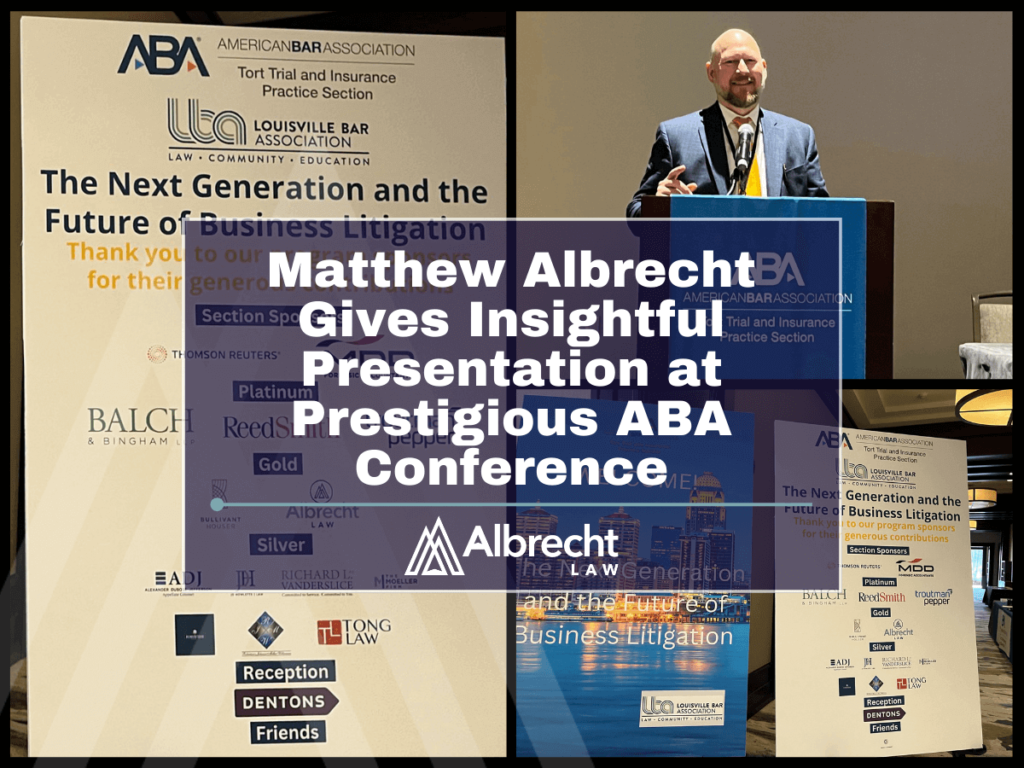In Spokane, businesses and property owners have a basic responsibility to keep the people who are on their premises safe. Here, our Spokane personal injury attorneys provide an overview of negligent security claims in Washington.
What is Negligent Security?
Negligent security falls under premises liability law. A property owner or property occupier can be responsible for physical injuries that a customer or other invitee sustains on their premises if that property owner/occupier “fails to exercise ordinary care to protect them against the danger”. Negligent security is the failure to provide security that is at least as good as a reasonably prudent business owner/property owner would provide in similar circumstances.
Investigation is Crucial: The Specific Circumstances Matter
Negligent security cases are complex because there are often questions as to what exactly constitutes inadequate security. Put simply, different types of businesses are required to provide different levels of security.
As an example, the security requirements for a large nightclub filled with alcohol are much more stringent than that of a small country store. For this reason, the specific facts of the case always matter. A negligent security claim requires a comprehensive investigation. Some examples of security flaw that could be negligent security include:
- No lighting, especially in stairwells or parking lots;
- Non-functional locks;
- Broken or non-locking windows;
- Failure to adequately screen at entrances;
- No working security cameras; and
- Lack of trained security guards/personnel.
What Compensation Can Be Recovered in a Negligent Security Claim?
If you can prove liability in a negligent security lawsuit, Washington law allows you to seek financial relief for the full extent of your damages. At Albrecht Law PLLC, our Spokane premises liability attorneys will help you maximize your settlement or verdict. Through a negligent security lawsuit, you may be entitled to obtain monetary damages for any or all of the following:
- Emergency room treatment;
- Medical bills and expenses;
- Rehabilitative care and physical therapy;
- Loss of current and future wages;
- Pain and suffering;
- Mental distress;
- Disfigurement;
- Disability; and
- Wrongful death of a family member.
Speak to a Top Spokane, WA Personal Injury Attorney Today
At Albrecht Law PLLC, our Washington personal injury lawyers have the skills and experience to handle the full range of premises liability cases, including negligent security claims. If you or your loved one suffered a serious injury because a business or property owner failed to take adequate security precautions, we can help.
To learn more, please call (509) 495-1246(509) 495-1246 today or send us a message. We are here to serve you.








